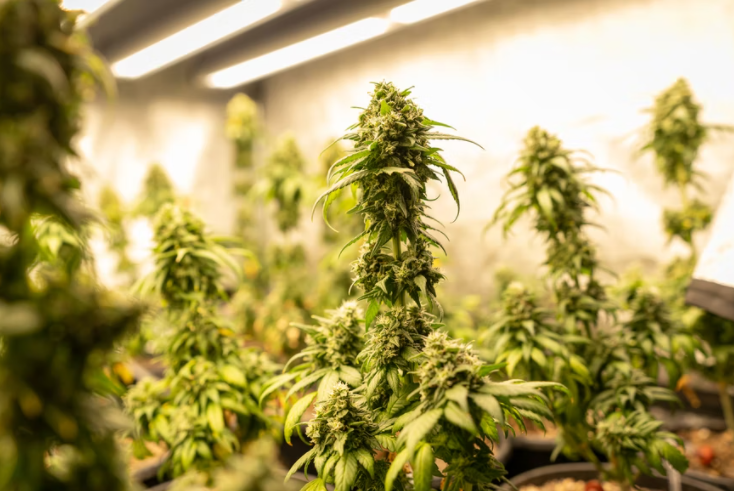Colorado’s Cannabis Sales Show Decline Amid Oversupply and Economic Downturn
LOS ANGELES- Colorado’s cannabis market, which has seen considerable growth since its initiation in 2014, is currently facing a decline, according to the latest sales report by the Colorado Department of Revenue (DOR).
Highlights from the DOR Report:
- The combined sales of adult-use and medical cannabis for August exceeded $15 billion.
- While impressive, the sales have been declining since they peaked during the pandemic.
- Year-to-date sales till August end stands slightly over $1 billion.
- Denver, the state’s major market, saw a sharp decline in sales, with a 22% drop in annual cannabis sales revenue from 2021 to 2022.
The onset of the pandemic in 2020 saw a surge in cannabis sales, which skyrocketed to nearly $2.2 billion, thanks to quarantines and government stimulus checks. The momentum continued into 2021, matching the 2020 figures. However, the current economic downturn and the after-effects of the pandemic have taken a toll on the cannabis market.
Denver’s cannabis market, which constitutes about a third of Colorado’s overall cannabis sales, has been particularly hard-hit. Reports indicate a consistent decline in marijuana sales growth in Denver compared to the rest of the state. As per a Municipal Marijuana Management report from 2022, the proportion of marijuana sales in Denver compared to overall Colorado sales decreased by 17% from 2014 to 2021.
Val Tonazzi, a cannabis salesperson, conveyed the grim reality of the market to The Denver Post: “There’s businesses closing, left and right.”
Furthermore, oversupply, diminished demand, competition with neighboring states where cannabis is legal, and black market sales have created a challenging environment for Colorado cannabis businesses.
Federal policies might bring some hope, however. Colorado Governor Jared Polis recently reached out to President Joe Biden, expressing support for the recommendation by the U.S. Department of Health and Human Services to reclassify cannabis from a Schedule I to a Schedule III substance.
Polis lauded this move as evidence-based and highlighted its potential to resolve banking issues faced by cannabis businesses. If approved, cannabis businesses would gain easier access to banking services, and the tax code 280E, specifically hindering the cannabis industry, would no longer apply.
While the broader implications of this recommendation remain to be seen, the current challenges highlight the need for Colorado’s cannabis industry to adapt to changing market dynamics.


































